How do you relate to the names of Japanese foods? Maybe you like fresh rolls or seaweed salad with aromatic additives? In fact, in the Japanese diet, you will not find traditional Japanese food, but there are healthy and delicious foods. The right combination will help you gain 5-8 kg in just two weeks.
The basic principles of the Japanese diet are to limit carbohydrates and fats, and to cultivate willpower and patience.
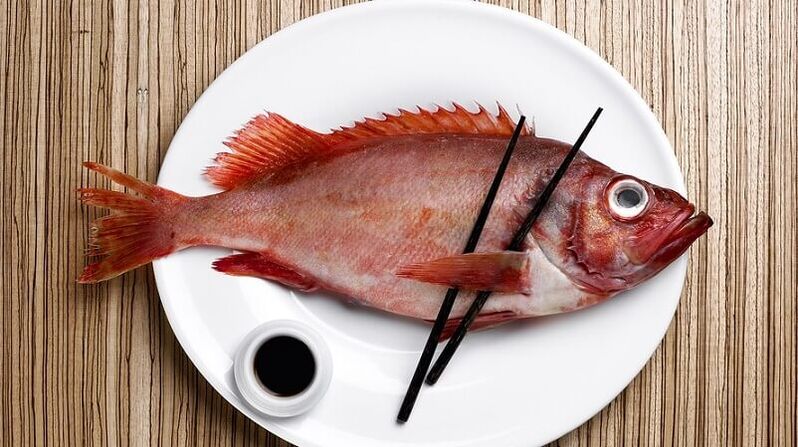
Detailed menu of 14 days Japanese food
For a two-week diet, we need:
- Good coffee (we will often drink a lot, so it is best to have very good high-quality coffee beans);
- beef;
- egg;
- Tomato juice or some fresh tomatoes;
- Chinese cabbage;
- Vegetable oil (olive oil or linseed oil is best);
- Any (your favorite) fruit;
- Sea fish (trout, salmon, halibut, coho salmon);
- carrot;
- Biscuits, bread (rye);
- Kefir (it is better not to choose low-fat kefir).
Day 1
- In the morning we drink freshly brewed coffee (without sweets). Before drinking coffee, drink a cup of warm water to prepare your stomach and intestines for breakfast.
- For lunch, we prepare a light cabbage salad with butter. Such a salad helps clean the body (pure fiber), and olive oil keeps the skin young and beautiful (this is especially important during dieting). At lunch, we drink a glass of tomato juice or eat a tomato.
- Dinner will be modest but satisfying. Take any fish and boil or bake in the oven without salt.
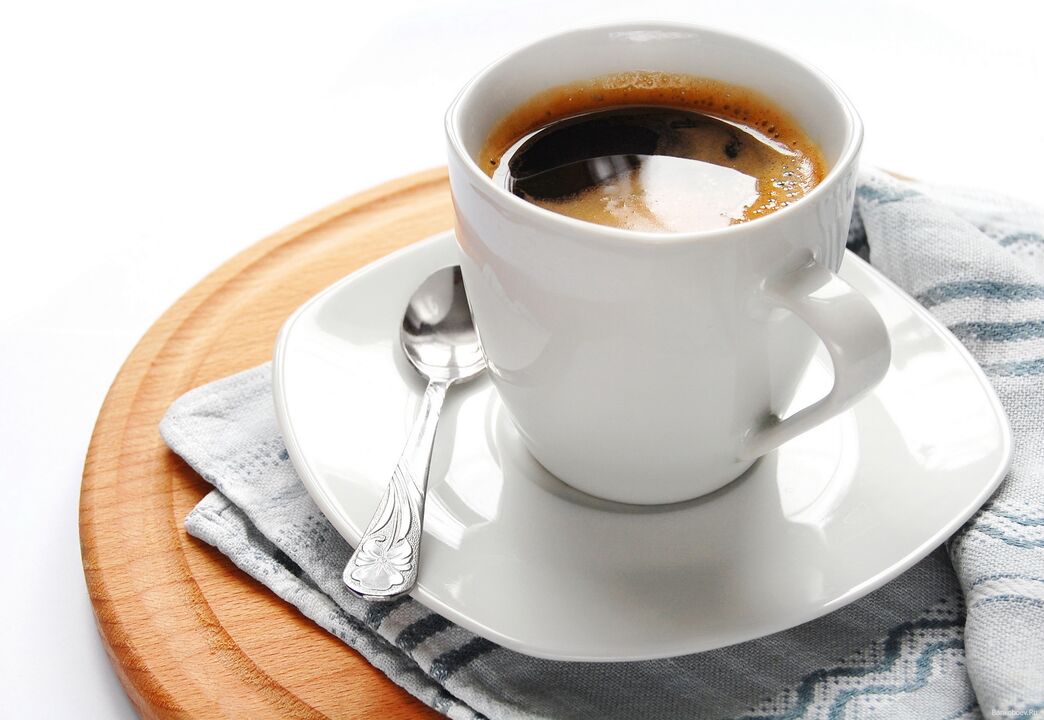
Day 2
- At breakfast, we drank coffee without milk again and let ourselves eat with a piece of bread (rye). Also, don’t forget to drink a glass of warm water before breakfast.
- At lunch time, we repeat the menu from yesterday's dinner-unsalted grilled fish or boiled fish.
- We cook beef in the evening. It is recommended to boil or stew the meat without adding salt. We washed our dinner with kefir.
Day 3
- The traditional morning is accompanied by unsweetened coffee and biscuits or croutons. Remember, croutons and biscuits are a piece, not a kilo!
- At lunchtime, we cook delicious and unusually healthy zucchini for ourselves. It can be fried in a little frying (sliced or halved) or baked in foil.
- Today, we are waiting for the real royal dinner! Hard-boiled eggs (2 pcs). We also boil beef and eat it with cabbage salad.
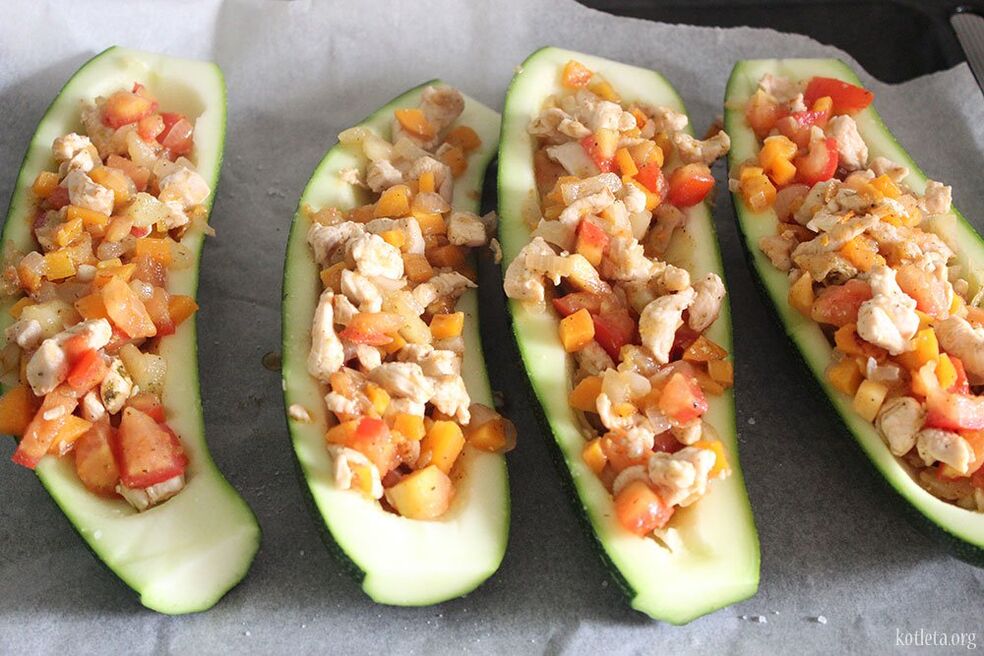
Day 4
- After yesterday's feast, we only drank strong coffee in the morning. No biscuits and rusks.
- The lunch also seemed a little bit short-a hard-boiled egg, 3 carrots and butter. The only joy of lunch is cheese! But only 200 grams.
- But for dinner, real happiness awaits us-fruit! Of course, you can only put 200 grams of apples, oranges or pears on your dining table this day.
Day 5
- If you are bored with breakfast coffee, then today is your day! Our breakfast includes grated raw carrots flavoured with lemon juice (you can squeeze the juice from half a lemon).
- For lunch, we already have the usual boiled or grilled sea fish (about 400 grams) and a glass of tomato juice, which can also be replaced with fresh tomatoes.
- If you have the fruit left over from yesterday, that would be great! Today we met again and had different fruits for dinner.
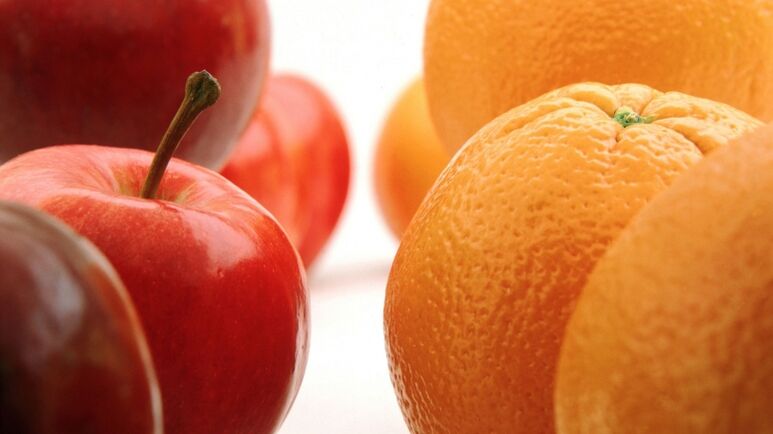
Day 6
- We greet the morning with fresh coffee. We began to dream about dinner.
- At lunch, we will eat chicken (we cook about 400 grams) and cabbage salad.
- We paid for a rich daily diet, including a meager dinner of two eggs and carrot salad.
Day 7
- We drink green tea for breakfast.
- In the afternoon, we enjoyed the interesting combination of fruit and boiled beef to cheer ourselves up.
- We make our own dinner on the seventh day of the diet-choose any evening from the first six days (except for the richest dinner on the third day)
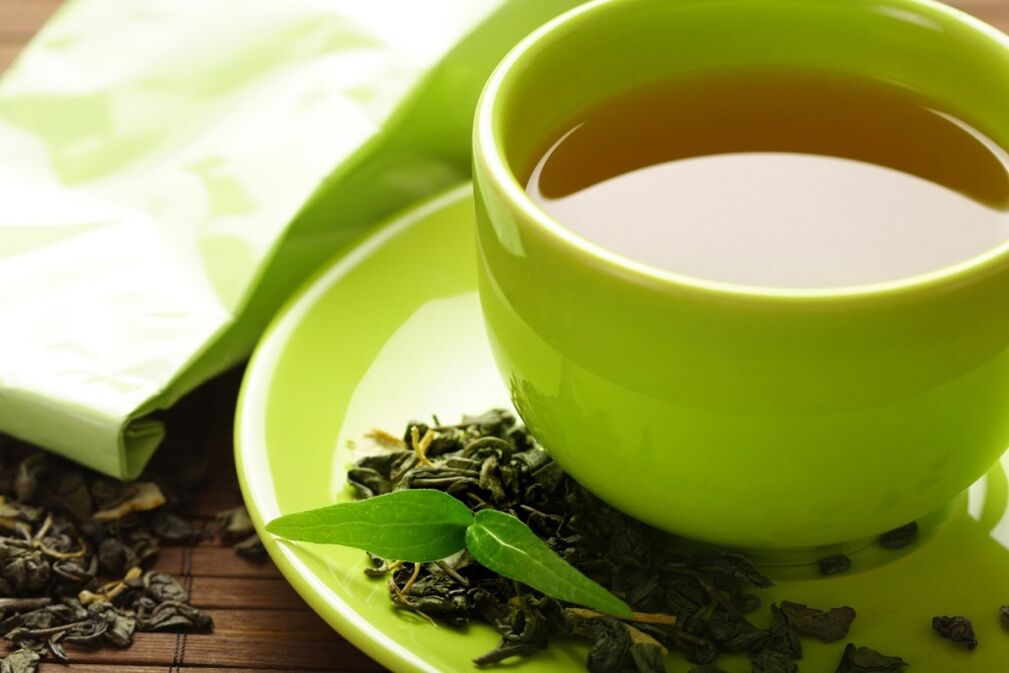
Day 8
- The diet on this day is exactly the same as the seventh day of our diet-green tea, fruit beef, and any dinner of your choice, except for the third day’s dinner.
Day 9
- In the morning, after a cup of warm water, we drink hot coffee.
- At lunchtime, we allow ourselves to eat chicken (half a small carcass). We eat it with a salad of cabbage or carrots (of your choice).
- In the evening we boil two eggs ourselves and rub the raw carrots (we need about 200 grams, which is about a cup).
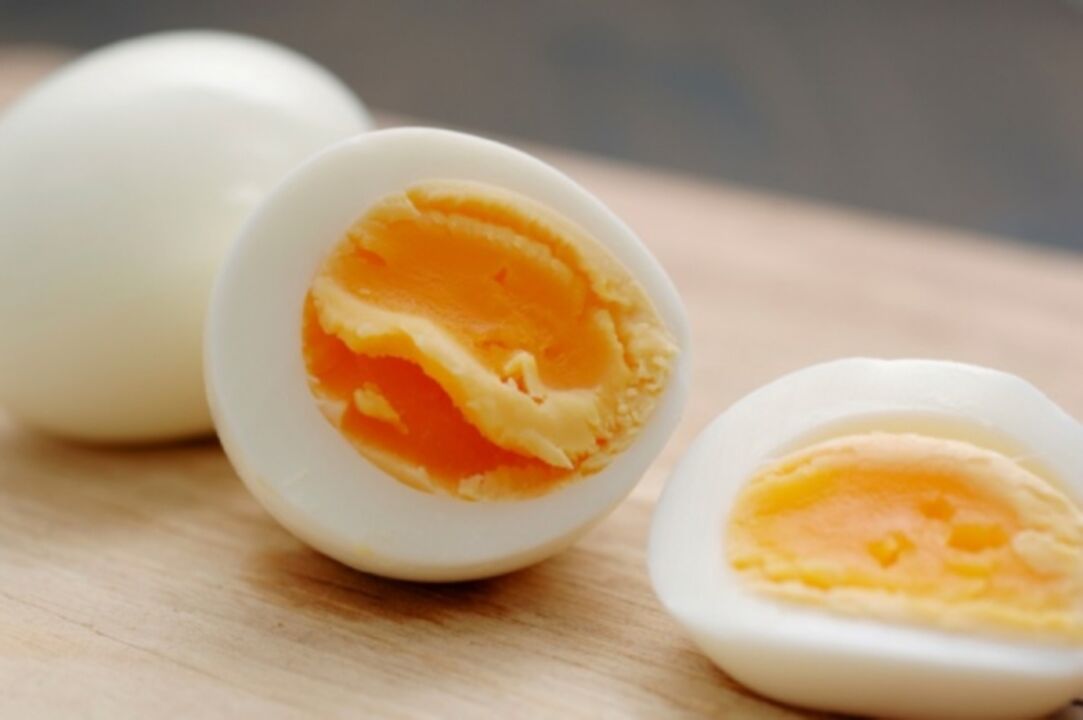
Day 10
- In the morning, we take a break from coffee and indulge in a carrot salad with olive oil.
- At lunch time, we took a large fish out of the refrigerator, fried or stewed it, and ate it with relish. We rinse the fish with a glass of tomato juice.
- We have fruit for dinner.
Day 11
- We will have breakfast including a cup of black coffee, croutons or unsweetened biscuits.
- For lunch, fry or roast a medium-sized zucchini in the oven.
- Our dinner is already familiar 2 boiled eggs, boiled beef and a cabbage salad.

Day 12
- Breakfast-only coffee and a small piece of rye bread.
- We have lunch with fried or grilled fish and tomato, cucumber or cabbage salad. We still season the salad with olive oil (instead of the usual mayonnaise).
- For dinner we ordered a glass of kefir and boiled beef.
Day 13
- Anticipating the end of the torture, we enjoyed breakfast and a cup of coffee.
- Next-two eggs with cabbage salad and tomato sauce.
- In the evening-marine fish.
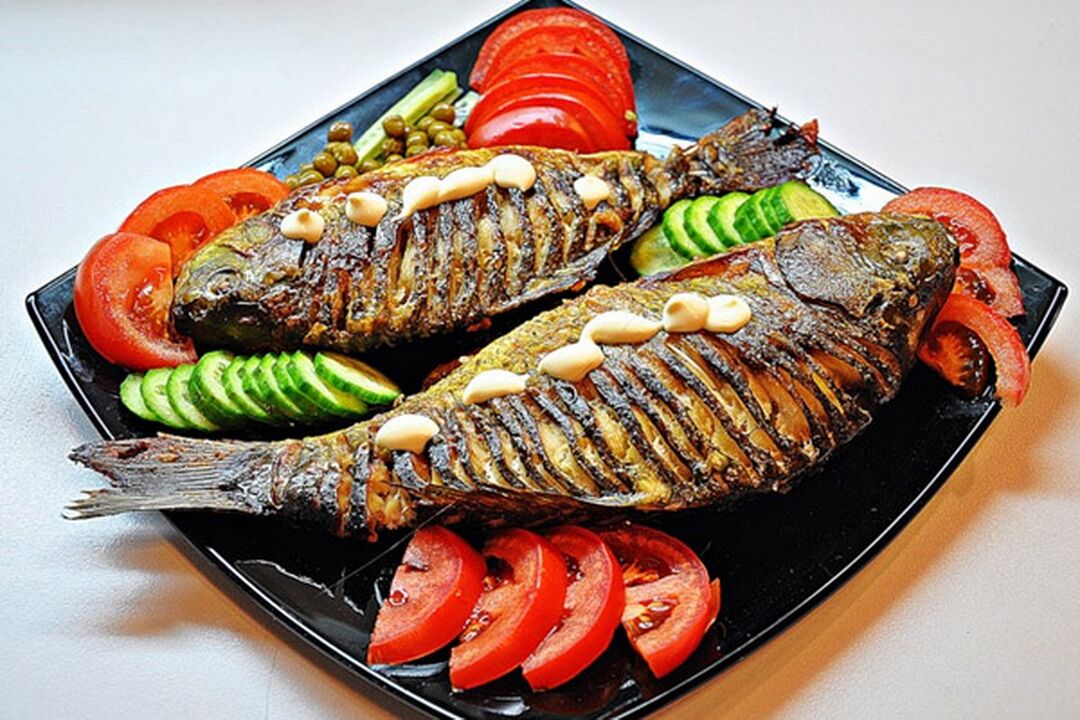
Day 14
If you read the menu without a sandwich in your hands, then you win! Most likely, you have already received your reward-minus 5-8 kg. But we only have one day left to hold on.
- At breakfast, we are happy to make our own coffee.
- We have fish and cabbage salad for lunch.
- We had dinner with boiled veal and a glass of kefir. We are close to the mirror and enjoy the results!
How easy is it to transfer Japanese food?
- It is important to adjust your own psychology correctly. Try to reach an agreement with yourself-before you start a diet, don't tell yourself that you will now have to live in a strictly restricted system. Our body responds to this attitude unambiguously-it does not want to say goodbye to being overweight. Imagine you are participating in an interesting game.
- Don't forget to drink plenty of clean and still water, not only during eating, but after eating. First of all, water creates a feeling of fullness. Secondly, it is necessary for normal metabolism and is used to remove toxins and toxins from the body. Third, during the food restriction period, water can prevent our skin from dehydrating.
- Avoid salt, sweets and alcohol completely during the diet.
- Try to get in and out of Japanese food smoothly. In the same way, after dieting, do not eat your favorite sweets, fried chicken legs, dumplings and other foods that are harmful to your body. Remember, harmony and restraint of food are necessary for physical harmony.
- Observe all the items on the Japanese food menu. Just taking a product at the wrong time can completely eliminate your efforts. Therefore, if you decide to go on a diet, follow all the rules.
Enjoy a new experience. You will surely get harmony and happiness in return.
2-3 weeks before diet, gradually give up high-calorie foods and reduce food intake.

































